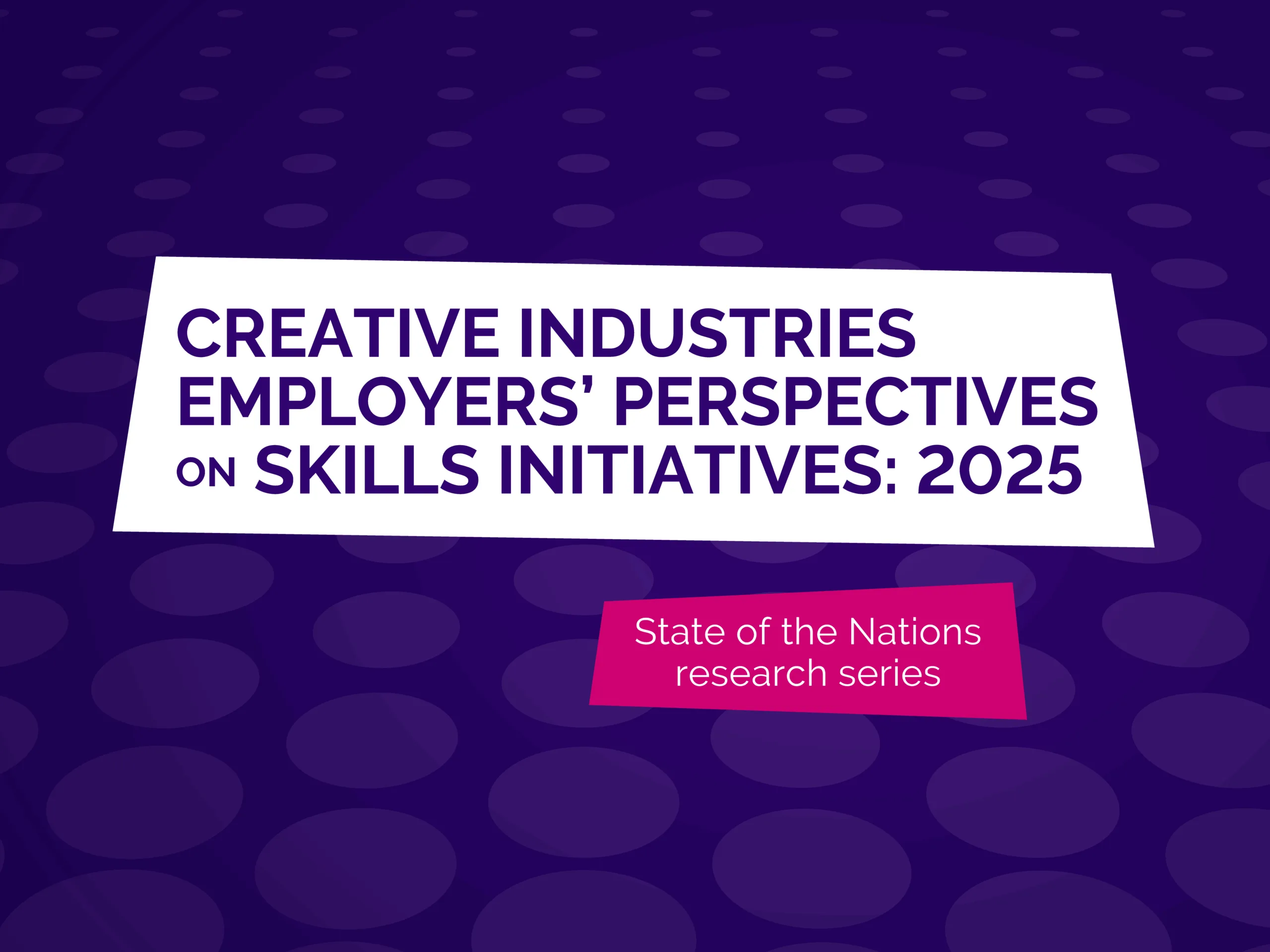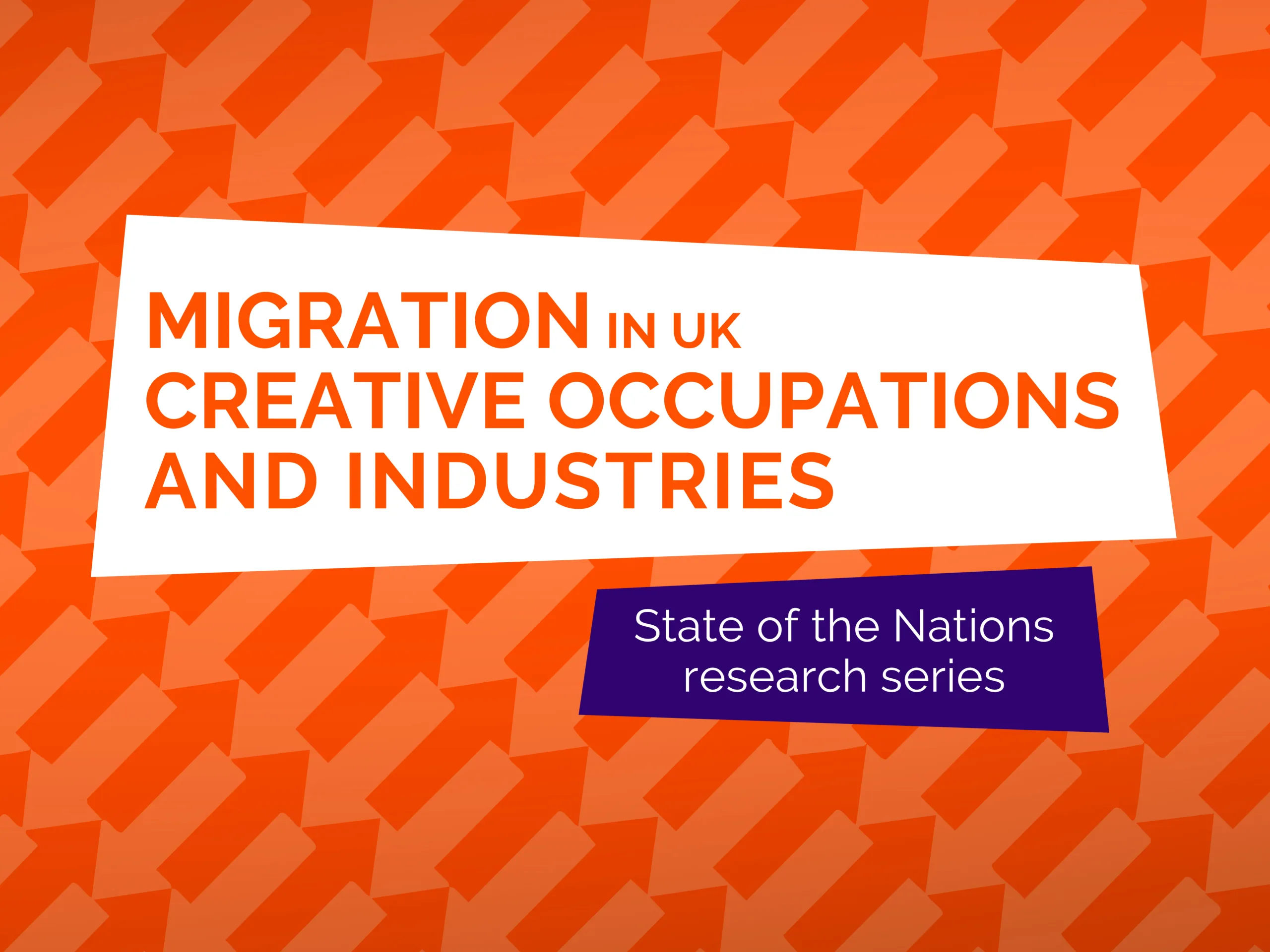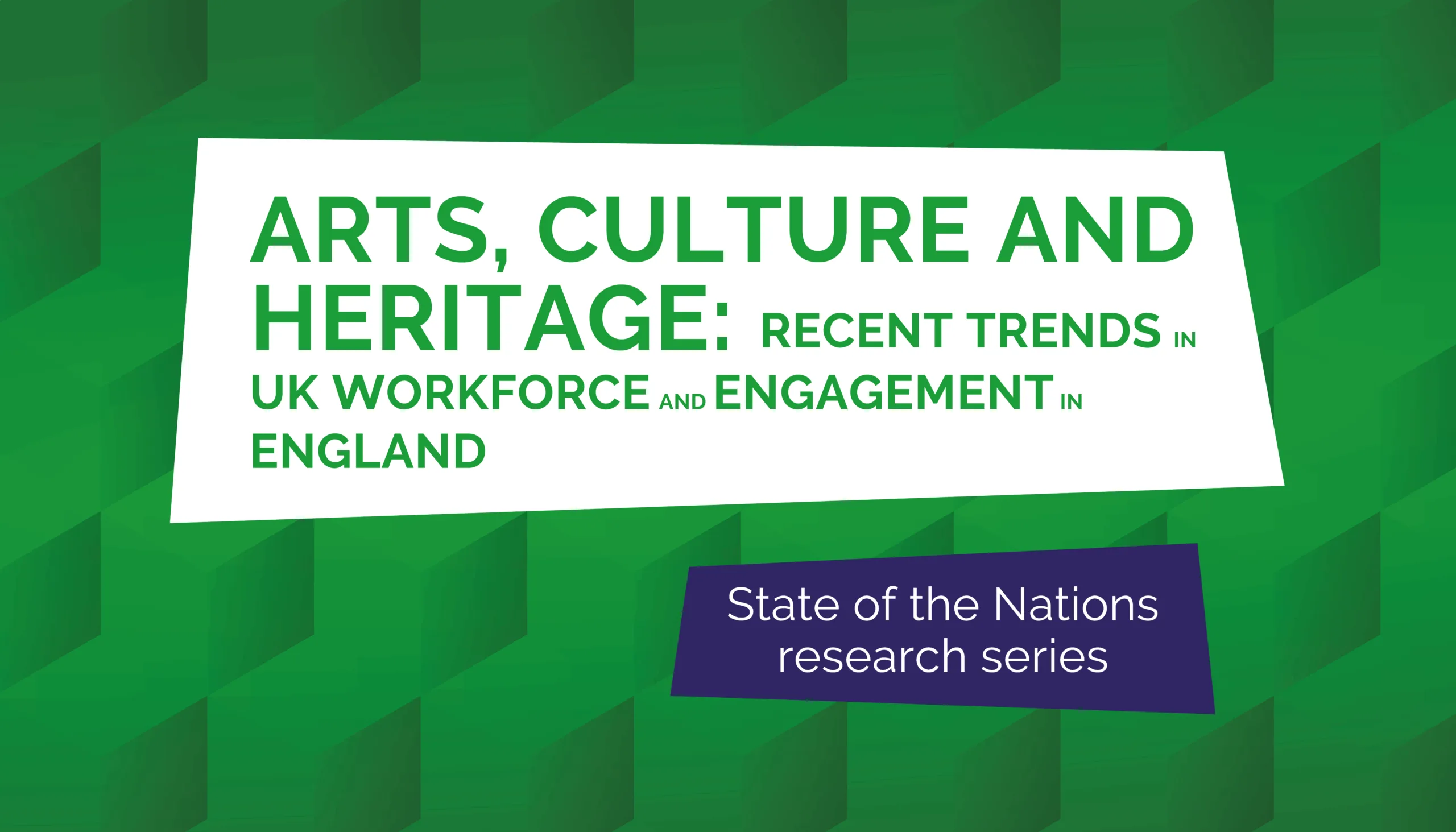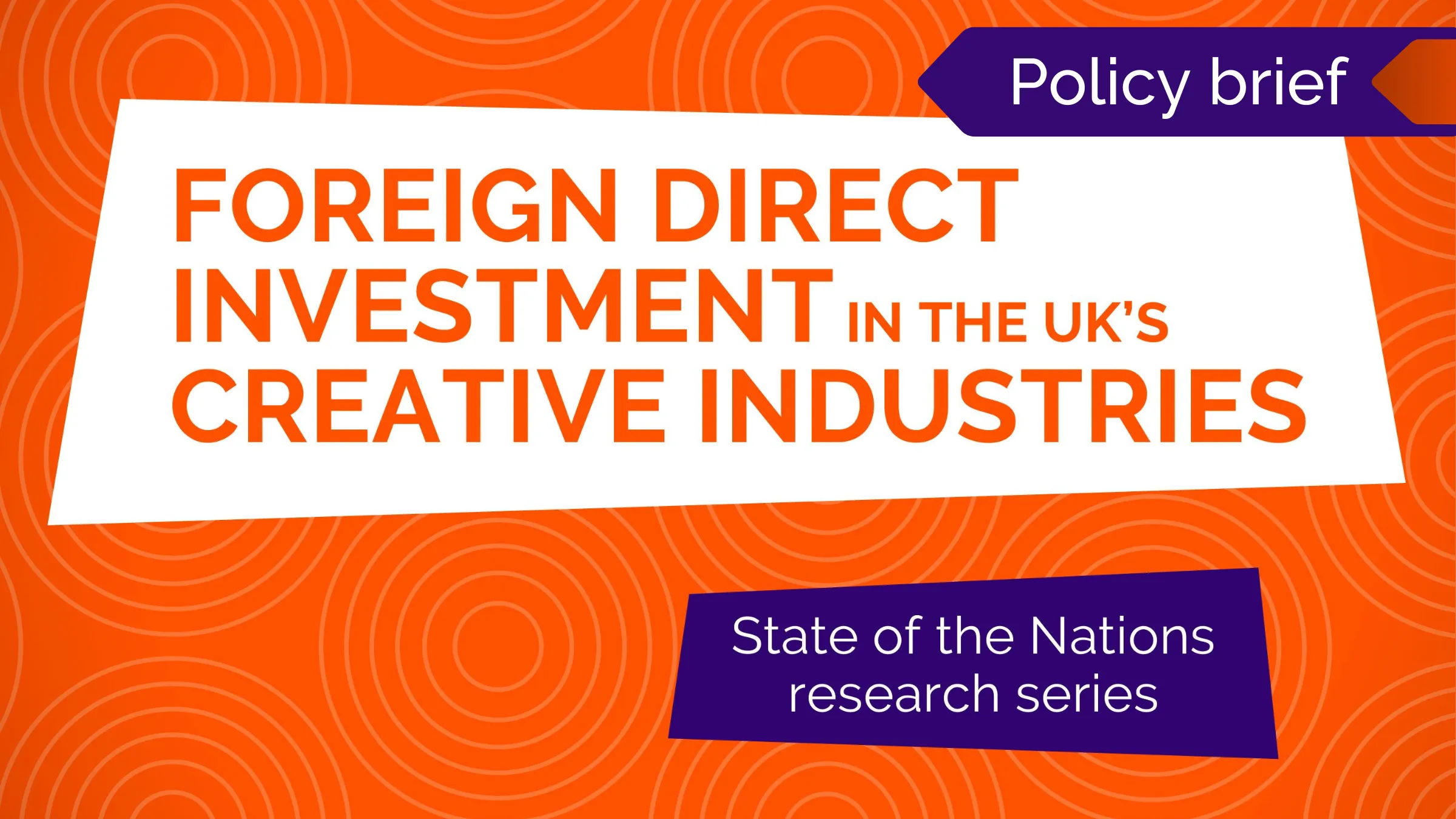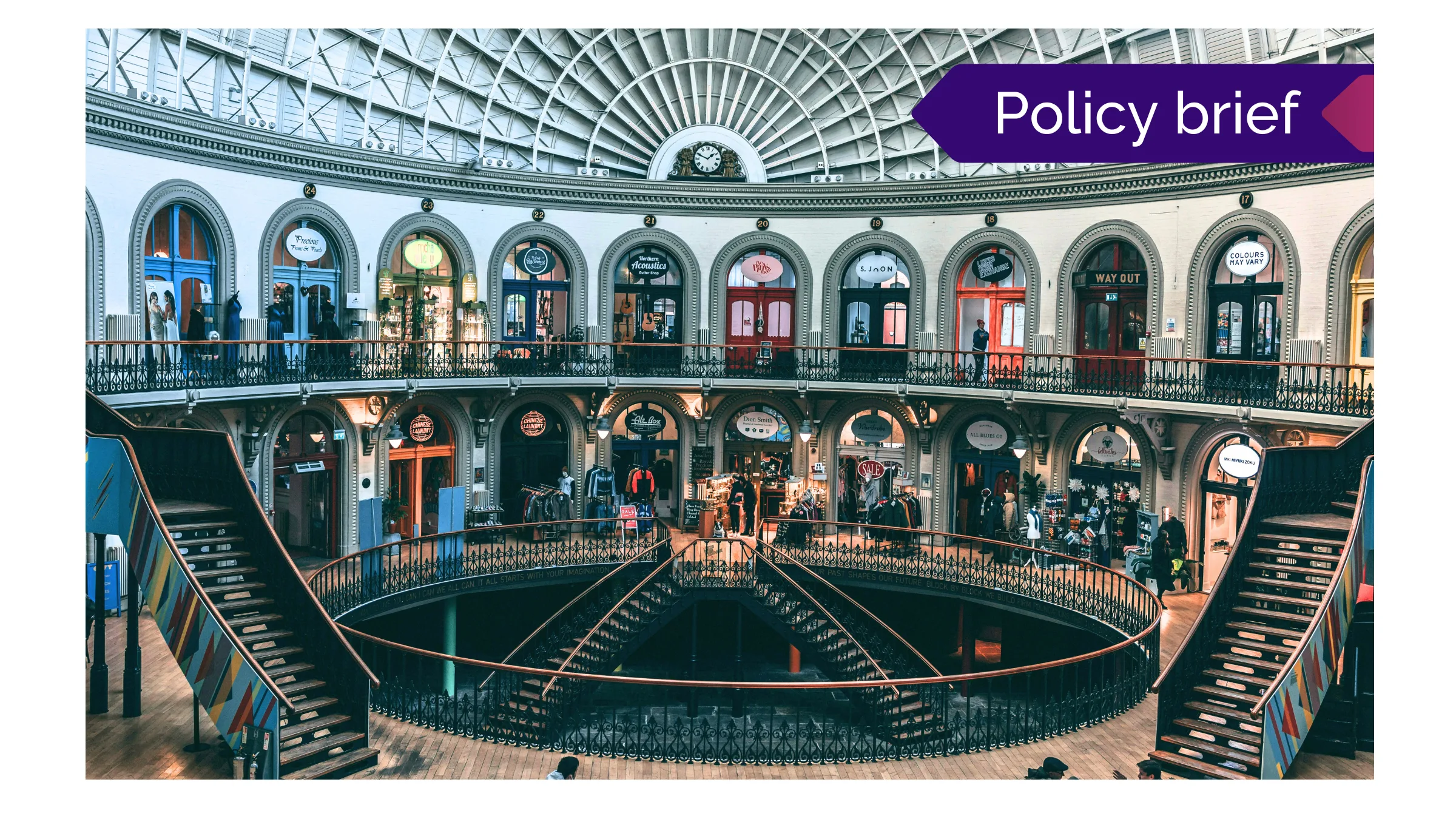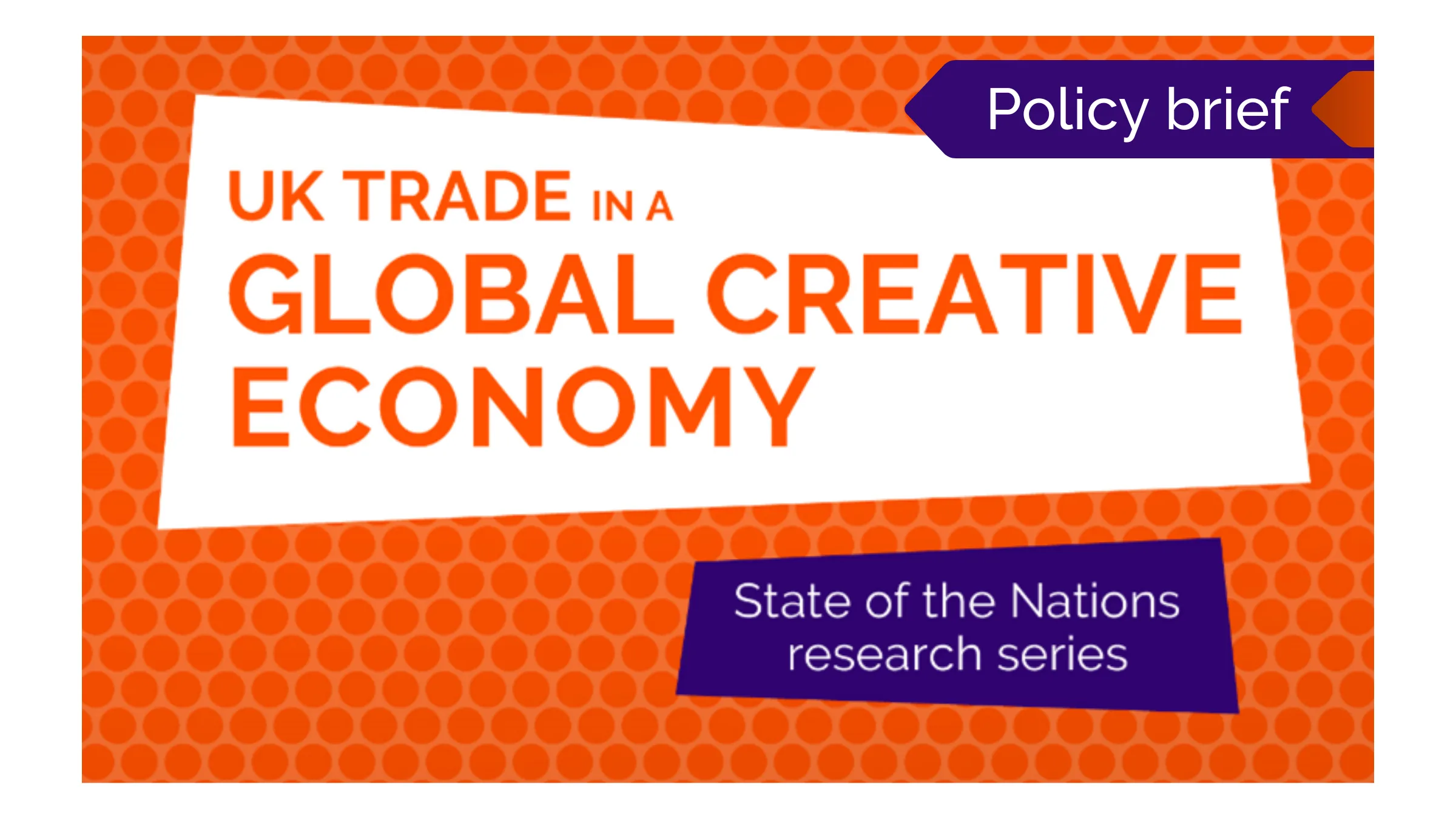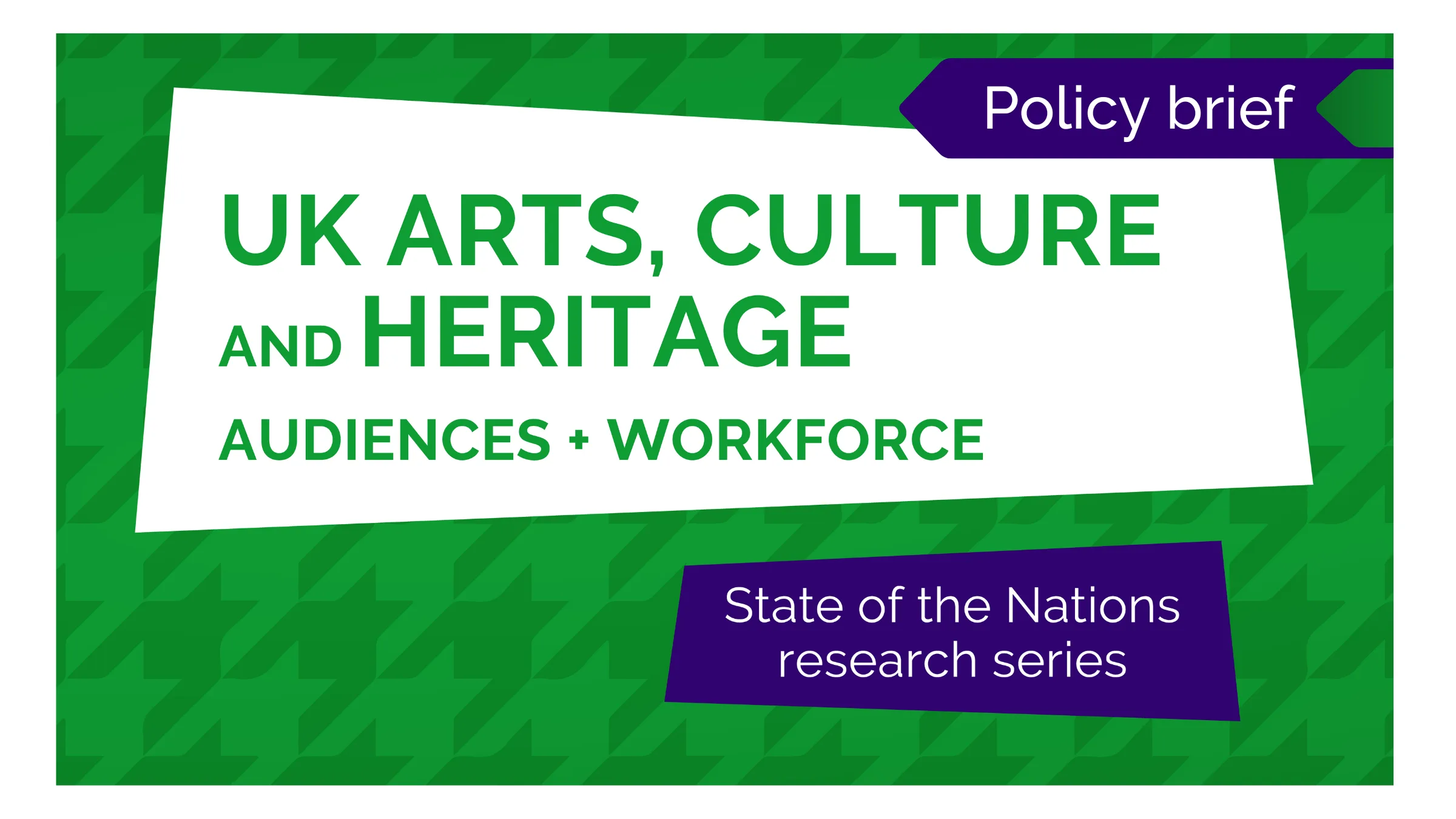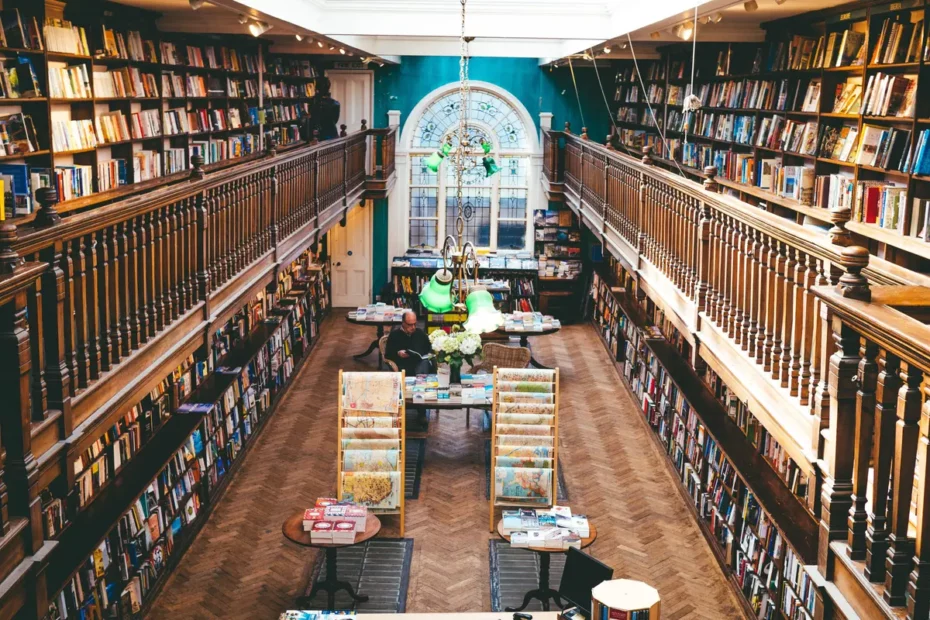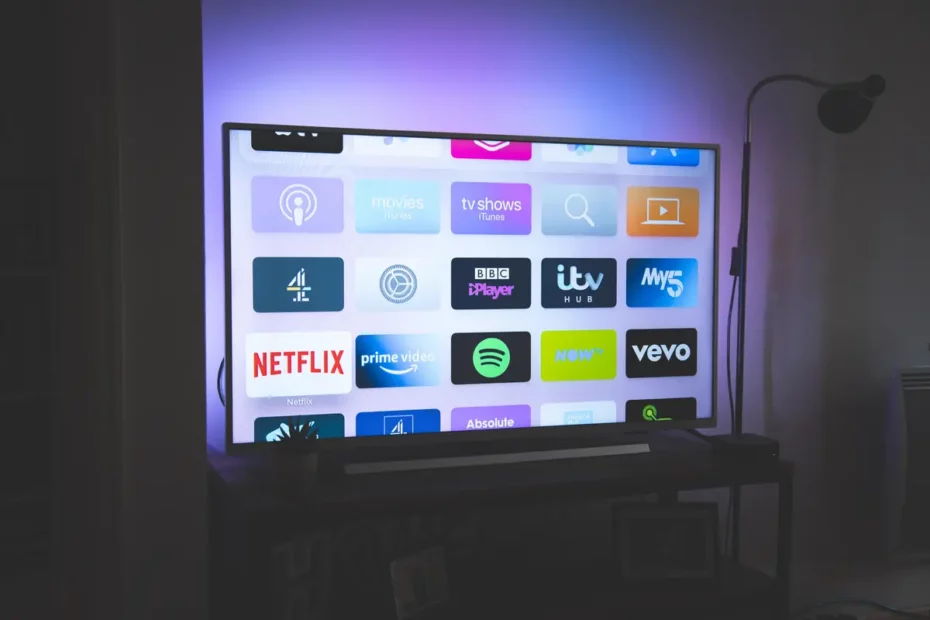Covid-19 regulations and restrictions have meant conventional forms of leisure and culture have either stopped or greatly changed. The lockdown has, however, also seen dramatic growth for on-demand services. This has occurred in multiple media including games, live video and TV.
This insights paper from Nesta and PEC researchers Raphael Leung and John Davies focuses on some of the highest profile on-demand media services: Netflix, Steam, Spotify, and Twitch. We chose to look at data from these platforms because we think they are indicative of important longer-term trends. Our analysis uses data from various sources including published research, publicly available aggregated user data, and third-party data.
Our analysis highlights five clear changes in the way people consume digital and streaming content:
- New lockdown gamers: the data shows an increase in the number of concurrent users on Steam compared to the previous two years.
- Gaming is less concentrated around weekends: in the months after the first lockdown, activity on Steam has been more evenly distributed throughout the week.
- Many older adults have embraced online cultural participation in lockdown, from streaming TV and films to creating content online, with participation rising among those aged 55 and above.
- On-demand TV received a lockdown boost in audiences, including not just subscription video-on-demand (SVoD) services but also traditional broadcast TV, including broadcast video-on-demand (BVoD). Broadcast TV viewing (including live and catch-up) was markedly higher during UK lockdowns.
- New audiences for live streaming: there has been an increase in the number of new channels and viewers on Twitch. This increase is part of a growing interest in home broadcasting and more ‘casual’ creative production.
These trends are consistent with the findings of the survey-based audience tracker that the PEC conducted with the Intellectual Property Office (IPO) and the research agency, AudienceNet during and in the months after the first national lockdown, which suggested that lockdown boosted streaming across many content types.
While Covid restrictions have boosted on-demand digital cultural services generally, increases are not observed across all types of online metrics. Digital on-demand shifts can be nuanced and not all increases: e.g. total weekly streams in Spotify’s UK Top 200 was lower in 2020 than the previous two years despite an overall increase in subscribers. Covid-related trends should be interpreted with this in mind.
These trends will be of interest to practitioners and policymakers in digital content industries and the wider cultural sector. They highlight the competitiveness of key digital media platforms and add to the evidence base that lockdown has accelerated the existing trend of movement towards on-demand services.
It also has implications for conventional broadcasters that, post-pandemic, will face more competition from on-demand services and reduced consumer viewing time as other leisure activities return to normal.
Finally, it is important to recognise that on-demand content is still not accessible to all. Many UK homes lack access to adequate Internet speeds (2% of residential premises lack ‘decent’ broadband speeds and 9% lack 4G indoors, according to Ofcom). It is important that people have access to adequate digital infrastructure and the inequalities that exist in UK provision are addressed.
Published 28th January 2021
Photo by August de Richelieu from Pexels
This report is published by the Creative Industries Policy and Evidence Centre (PEC). In keeping with normal academic practice, responsibility for the views expressed in this research, and the interpretation of any evidence presented, lies with the authors. These views and interpretations do not necessarily represent those of the PEC or its partner organisations.
Related Policy Briefings
Harnessing the growth potential of createch
This insights paper summarises existing evidence on the present opportunities and challenges in crea…
Policy Brief: Creative Industries Employers’ Perspectives on Skills Initiatives: 2025
Overview The Government’s new Industrial Strategy sets a long-term, sector-focused approach to skill…
Policy Brief: Migration in UK Creative Occupations and Industries
Overview The UK’s creative industries are internationally oriented, a fact that’s reflected in its e…
Policy Brief: Arts, Culture and Heritage: Recent Trends in UK Workforce and Engagement in England
Overview Five years after the Covid-19 pandemic, engagement and employment in the arts, culture and …
Policy Brief: Foreign Direct Investment in the UK’s Creative Industries
Read the Policy Brief based on the most recent State of the Nations Report on FDI.
Policy Brief: Insights from the Northern Creative Corridor Workshops Sprint
The Northern Creative Corridor is an initiative aimed at connecting creative clusters across Norther…
Policy Brief: International Trade and the UK Creative Industries
This policy brief examines international trade in the UK creative industries. Drawing on our UK Trad…
Policy brief: Audiences and Workforce in Arts Culture and Heritage
This policy brief uses census data to provide, for the first time, a comprehensive analysis of audie…
Policy Brief: Transitioning to Sustainable Production across the UK Theatre Sector
This policy brief outlines recommendations for transitioning to more sustainable theatre production …
Authors’ Earnings in the UK
This policy briefing sets out areas for possible policy action, proposed by the researchers at CREAT…
Television production, international trade and pressures to consolidate
The UK television production sector is one of Britain’s leading creative export sectors. This briefi…
Three ways to support growth in the creative industries
Three ways to support growth in the creative industries The Creative Industries are an economic powe…


